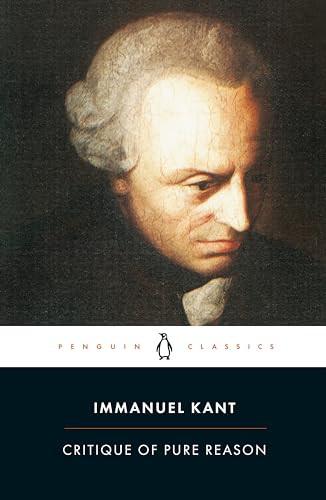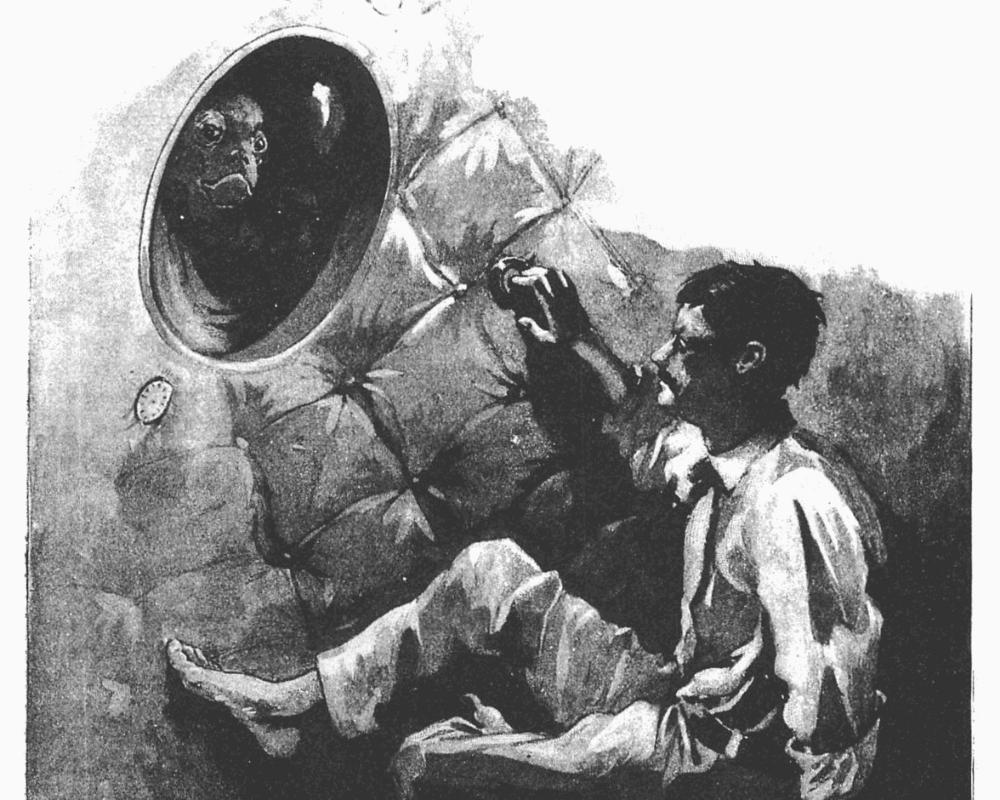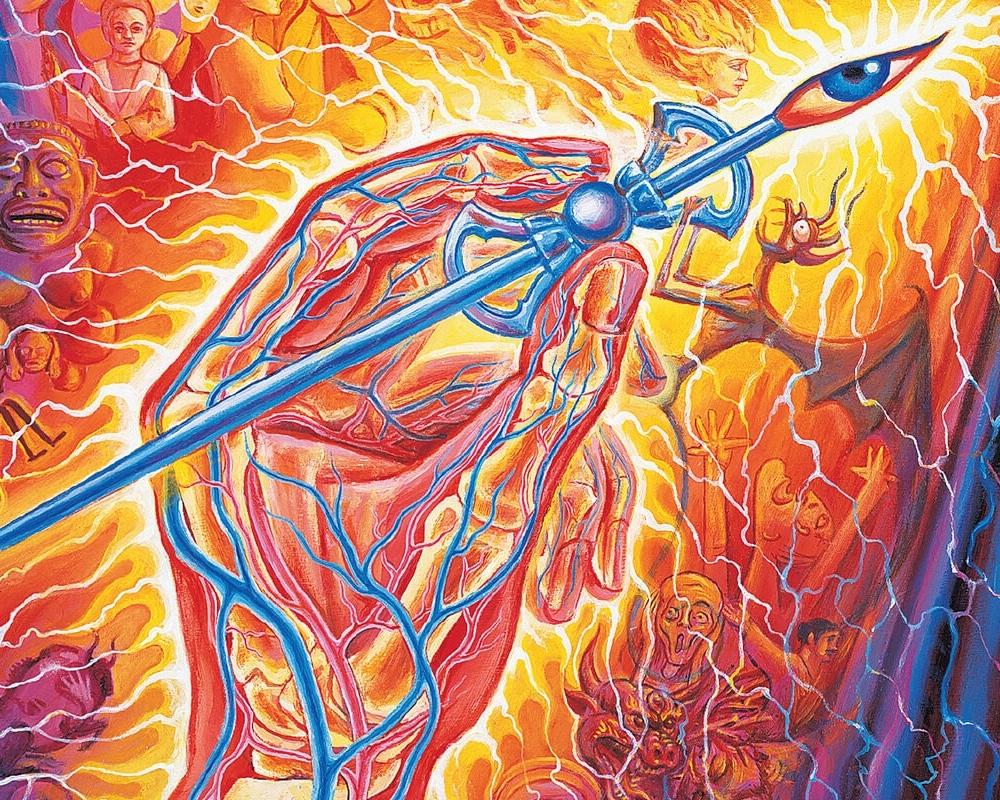Dhruv Sagwal's Key Ideas from Critique of Pure Reason
by Immanuel Kant
Ideas, facts & insights covering these topics:
9 ideas
·14.5K reads
56
1
Explore the World's Best Ideas
Join today and uncover 100+ curated journeys from 50+ topics. Unlock access to our mobile app with extensive features.
Distinction between "a priori" and "a posteriori" knowledge: Tra
- Kant distinguishes between two types of knowledge.
- "A posteriori" knowledge is based on experience and empirical observations, while "a priori" knowledge is independent of experience and derived from reason alone.
- According to Kant, pure reason can provide certain universal and necessary truths that are independent of sensory experience.
113
1.64K reads
Transcendental idealism:
- Kant argues for a position known as transcendental idealism, which holds that knowledge is a result of the interaction between the mind and the external world.
- He claims that we can never know things as they are in themselves (noumena), but only as they appear to us (phenomena).
- Our perception is shaped by the structures of our own minds, such as space and time, and therefore, we can only have knowledge of phenomena.
121
1.21K reads
The Limitations Of Pure Reason:
- Kant recognizes that pure reason has certain limits.
- He argues that reason cannot provide certain knowledge about metaphysical questions, such as the existence of God, the immortality of the soul, or the nature of reality beyond appearances.
- He criticizes earlier rationalist philosophers who claimed to have knowledge in these areas, asserting that such claims go beyond the limits of human understanding.
106
1.16K reads
The role of synthetic a priori judgments:
- Kant introduces the concept of synthetic a priori judgments, which are propositions that are both informative and known independent of experience.
- These judgments, according to Kant, form the basis of mathematical and scientific knowledge.
- He argues that our knowledge of mathematics and the natural sciences relies on both logical reasoning and the contribution of the mind's structuring principles.
100
1K reads
The Unity Of Appreciation:
- Kant presents the concept of the transcendental unity of apperception as a central feature of human cognition.
- He claims that the mind has a self-reflective capacity that allows it to unify various experiences into a coherent and meaningful whole.
- This unity of consciousness is essential for the understanding and organization of knowledge.
99
933 reads
Summary
- Overall, "The Critique of Pure Reason" seeks to establish the boundaries and possibilities of human knowledge by investigating the powers and limitations of reason. Kant's ideas continue to shape modern philosophy, particularly in epistemology and metaphysics.
101
852 reads
Subscribe
If you liked the above ideas then consider subscribing to my youtube channel (thehistorylad) on history and philosophy
https://youtube.com/@thehistorymemer
86
801 reads
IDEAS CURATED BY
Discover Key Ideas from Books on Similar Topics
5 ideas
Les Miserables
Victor Hugo
7 ideas
Red Harvest
Dashiell Hammett
7 ideas
Immanuel Kant - How To Manage Your Time (Kantianism)
Philosophies for Life
Read & Learn
20x Faster
without
deepstash
with
deepstash
with
deepstash
Personalized microlearning
—
100+ Learning Journeys
—
Access to 200,000+ ideas
—
Access to the mobile app
—
Unlimited idea saving
—
—
Unlimited history
—
—
Unlimited listening to ideas
—
—
Downloading & offline access
—
—
Supercharge your mind with one idea per day
Enter your email and spend 1 minute every day to learn something new.
I agree to receive email updates








